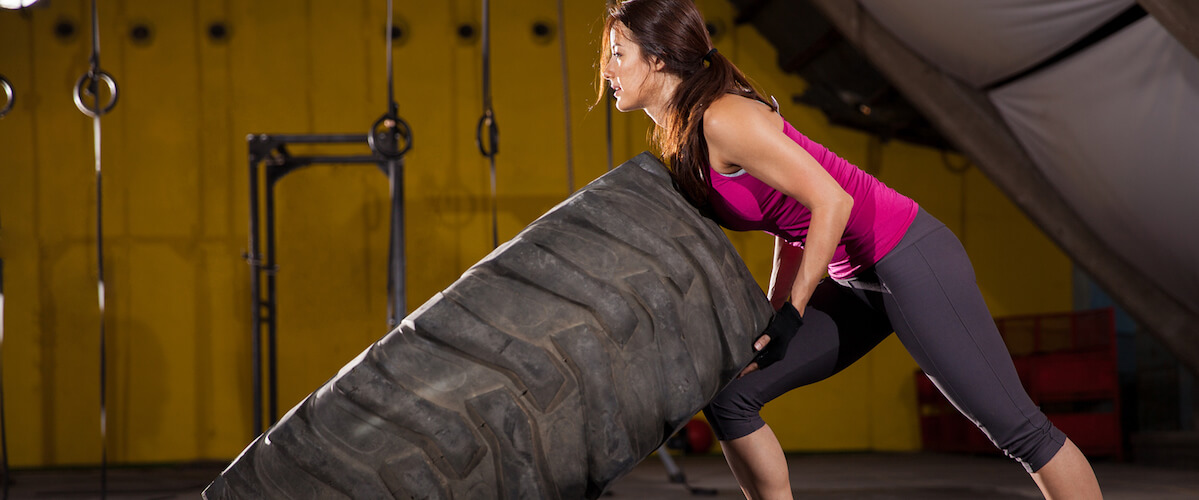Iron's Affect Athletic Performance
Courtesy of HealthyDiningFinder
If you’re concerned about getting enough iron, read on to find out what role this essential mineral plays in the body, how it applies to the demands of physical activity, and how to ensure that your diet can provide what your body requires.
The Role of Iron and the Athlete
The most important determinant of athletic performance in an endurance athlete is VO2 max: a direct measurement of how much oxygen an athlete uses (i.e., burns) in a set period of time. Oxygen is transported to the body’s tissues by hemoglobin, a protein found in red blood cells which is only able to do its job with the help of – you guessed it – iron! Iron is involved at the molecular level in oxygen utilization and is therefore a critical nutrient for athletes.
Low iron levels are commonly observed among athletes, especially in endurance athletes and females. The first signs of iron depletion can soon progress to iron deficiency and anemia, conditions that impair performance. Signs of iron deficiency include fatigue, shortness of breath, dizziness, headaches, and pale skin color. If you experience these symptoms, consult your health care provider for a full assessment to determine if iron deficiency may be the source.
Strategies to Boost Your Iron
Among healthy adults, the recommended daily allowance for iron is 8 mg for males and 18 mg for females, who are more susceptible to iron depletion. The amount of iron absorbed from the diet depends on many factors, so it is vital to have a diet that emphasizes a variety of iron sources.
Iron exists as heme iron, which is derived from animal sources (like red meat, poultry and fish) and non-heme iron, which comes from plant sources (like whole grains, lentils, beans, peas, leafy greens, nuts and seeds). Heme iron is absorbed two to three times more efficiently than non-heme iron, so it gives the most bang for your nutritional buck. But the absorption of non-heme iron can be increased by consuming it with a source of vitamin C or by combining it with heme iron sources in the same meal.
What about supplementation?
Athletes diagnosed with irondeficiency anemia warrant treatment with oral iron supplementation. On the other hand, whether iron deficiency without anemia decreases performance in humans is debatable, leading to uncertainty regarding indications for supplementation. Therefore, supplementation without first checking with your doctor is not recommended.
Ensure you’re including a variety of iron sources in your diet to prevent iron deficiency. Keep your kitchen stocked with high-iron foods and look for menu choices at restaurants that include foods rich in iron.

